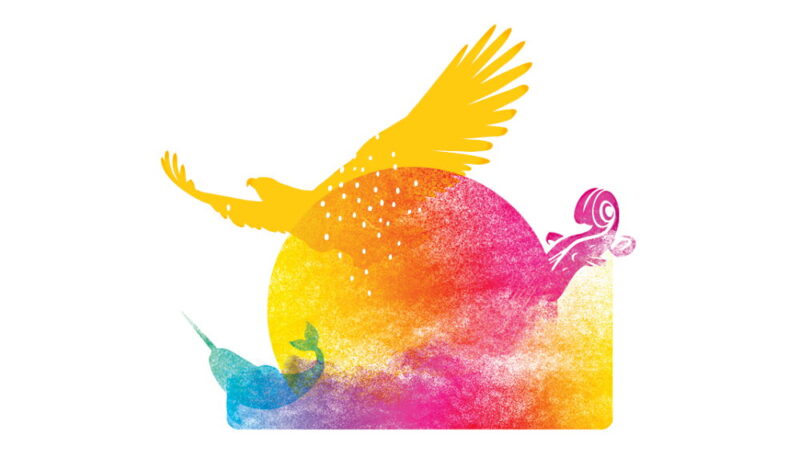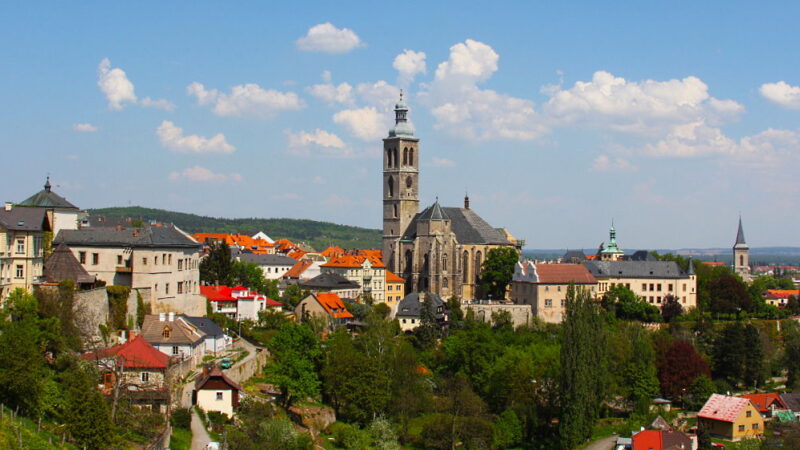Canada’s National Indigenous Peoples Day recognizes and honors the historical significance and value of the peoples inhabiting the northern regions. The event is observed annually on June 21. This is an important ethnographic and cultural holiday for the global community.
History
In 1876, the government of Canada implemented policies that stripped Indigenous communities of the right to self-determination, forcing them to comply with state laws. It wasn’t until the second half of the 20th century that Indigenous peoples gained the right to vote. The idea to establish this holiday originated in 1982 as a sign of unity and resilience among Indigenous communities. In 1996, Canada officially recognized National Indigenous Peoples Day.
Interesting Facts
The Indigenous population in Canada (First Nations, Métis, and Inuit) is nearly 2 million.
- Indigenous peoples often refer to their homeland as the Land of the Midnight Sun.
- Northern Canada’s climate is marked by harsh winters and short summers.
- Historically, Indigenous peoples engaged in farming, fur trade, and hunting in the vast northern forests.
- The North and West regions are home to the unique musk ox.
The Northern Lights, a natural optical phenomenon, can be seen in these regions for nearly 200 days a year.
How to Take Part
Prepare a traditional Indigenous dish such as moose stew. Share it with friends and family alongside fried bread, a staple in Indigenous cuisine. Consider exploring the northwest regions of Canada to learn more about the traditions and cultures of the peoples who lived there long before European settlers arrived.
When is Canada’s National Indigenous Peoples Day in 2025?
Canada’s National Indigenous Peoples Day is observed on June 21 each year.
Observations
| Weekday | Month | Day | Year |
| Saturday | June | 21 | 2025 |
| Sunday | June | 21 | 2026 |
| Monday | June | 21 | 2027 |
| Wednesday | June | 21 | 2028 |
| Thursday | June | 21 | 2029 |




